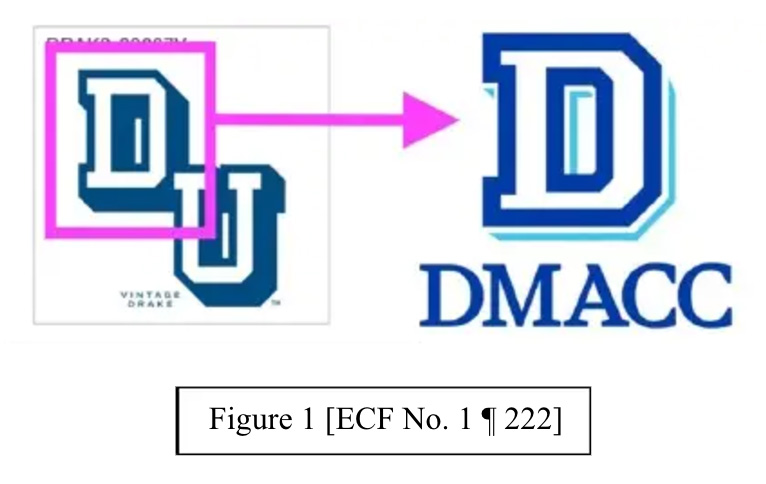Column by Emily Sadecki
 By empowering women with one of the most powerful tools possible, you are supporting entire families and communities, as well as humanity as a whole. This tool is health.
By empowering women with one of the most powerful tools possible, you are supporting entire families and communities, as well as humanity as a whole. This tool is health.
Health constructs narratives and the way we seek identity. It can become all-consuming or take a side role as we explore education, self-discovery and new experiences. It is for these reasons that female empowerment through healthcare initiatives is so important.
For clarification, I am not trying to infer that women should be treated better than men. Everyone’s health should be equally treated. I think in the case of gender, this does not always happen.
Generally, when we think of issues pertaining to women’s health, we think of maternal care, and even though this is an important aspect of comprehensive care, it is only a small part of the entire picture. There are a number of areas in which equity needs to be reached on a global scale.
1. First, gender-based violence. The World Bank estimates that “gender-based victimization is responsible for one out of every five healthy days of life lost to women of reproductive age.” Gender-based violence includes rape, domestic violence, mutilation, murder and sexual abuse. In many areas, it is used as a weapon of war. This is a threat to so many functions of health, from physical to mental to emotional. To have women living to their maximum potential, this needs to stop.
2. Second, self-image obsession. Particularly in the U.S., we are losing far too much female brainpower to the obsession over food and body image. On college campuses, 86 percent of women report having some sort of eating disorder by the age of 20, according the ANAD. They also reported that 81 percent of 10-year-olds are afraid of being fat. In a world where we are going to be facing some pretty pressing problems, this is not what we want our daughters worrying about.
3. Third, maternal and reproductive health. The fact that women’s bodies can hold another human being is truly amazing, but for some it can be quite scary. According to the WHO, the probability of a girl dying from a maternal cause once she reaches age 15 is 1-in-150 in developing countries. By tackling these issues through educational measures such as family planning, putting it on the policy agenda and developing systems that produce maternal health professionals, not only can maternal health mortality be reduced, but there is evidence that suggests other positive health outcomes as well, such as reduction of the spread of HIV/AIDS.
4. Fourth, access to sanitary resources. Many times girls will drop out of school when they hit puberty due to not having access to necessary resources. Education is so crucial to the next generation of women and could be the tipping factor in pulling both herself and her family out of poverty.
5. Fifth, equitable research in accordance to sex. Though it is not widely acknowledged, there are differences in the ways in which diseases affect men and women. Some of these include cardiovascular disease, lung cancer, depression and Alzheimer’s disease, according to the Brigham and Women’s hospital. If we want to effectively treat people and make advances in medicine, we need to acknowledge these differences.
I am a deep believer in the immense potential and power of women when they are given the groundwork to flourish.
This is done by creating an environment where their health needs are met, which is not the case in many places. When a woman is healthy, she can go on to advocate for herself and others. This is the global health imperative of our time.






